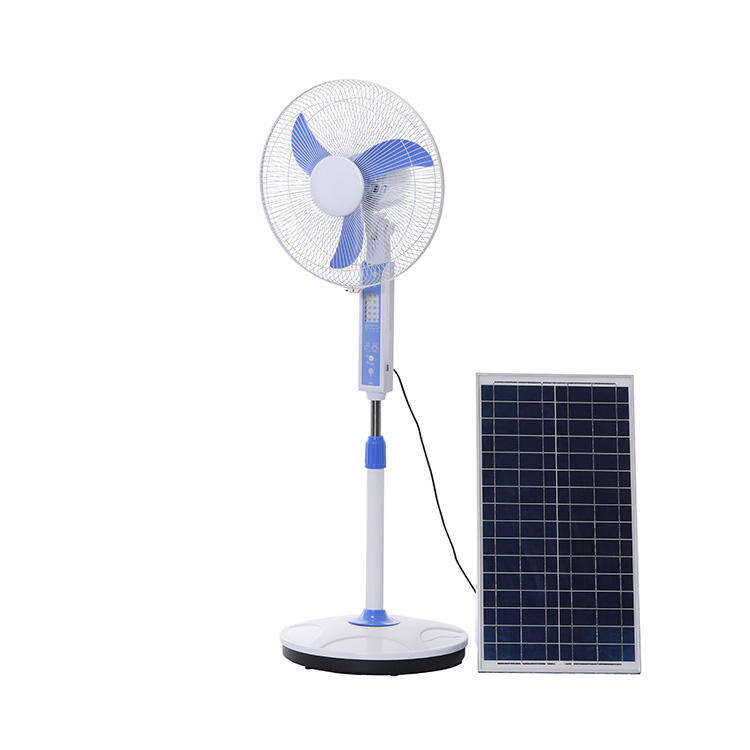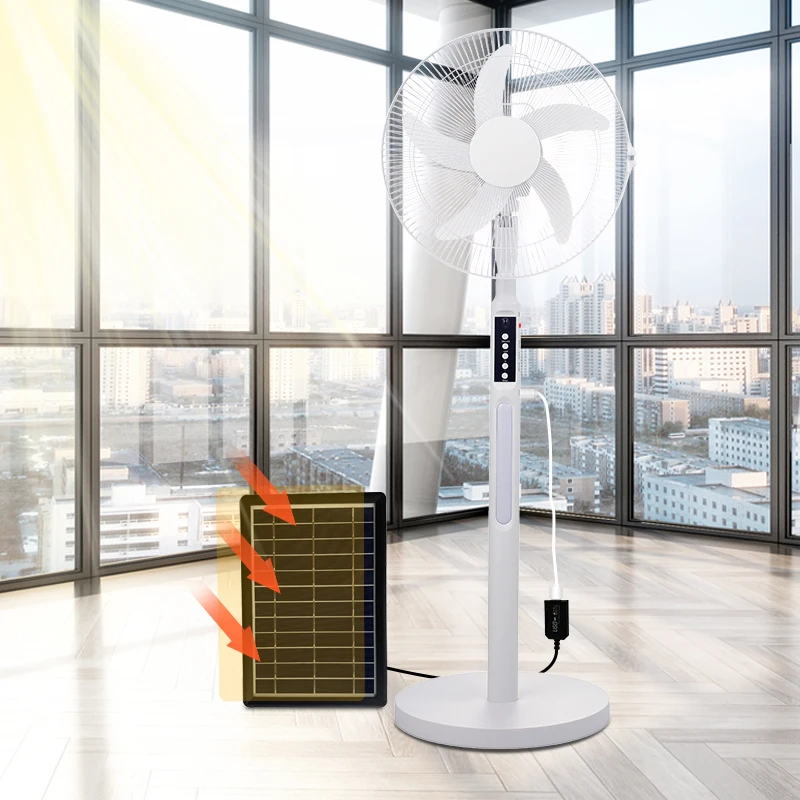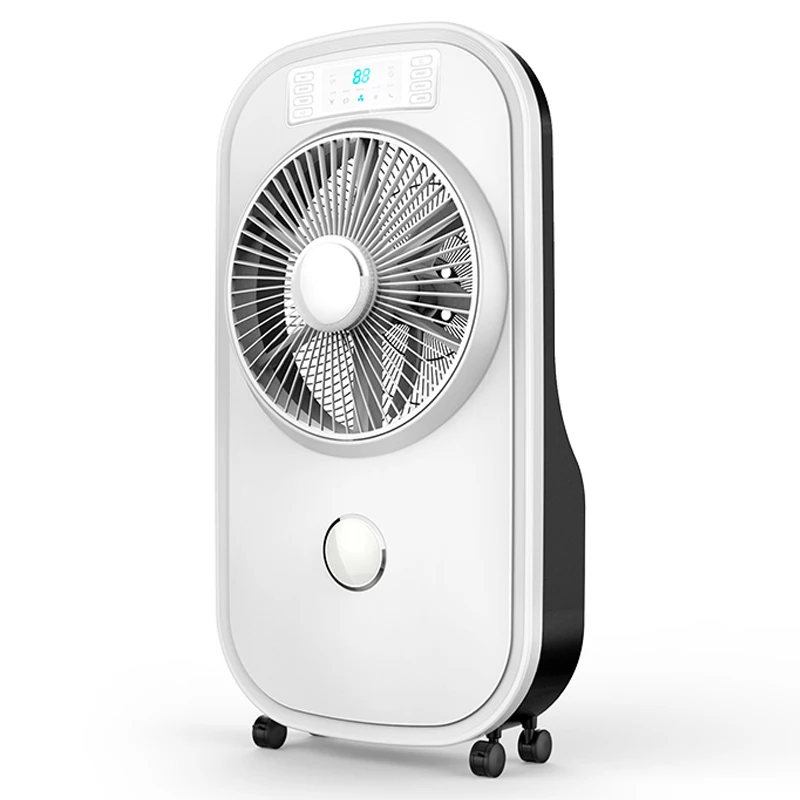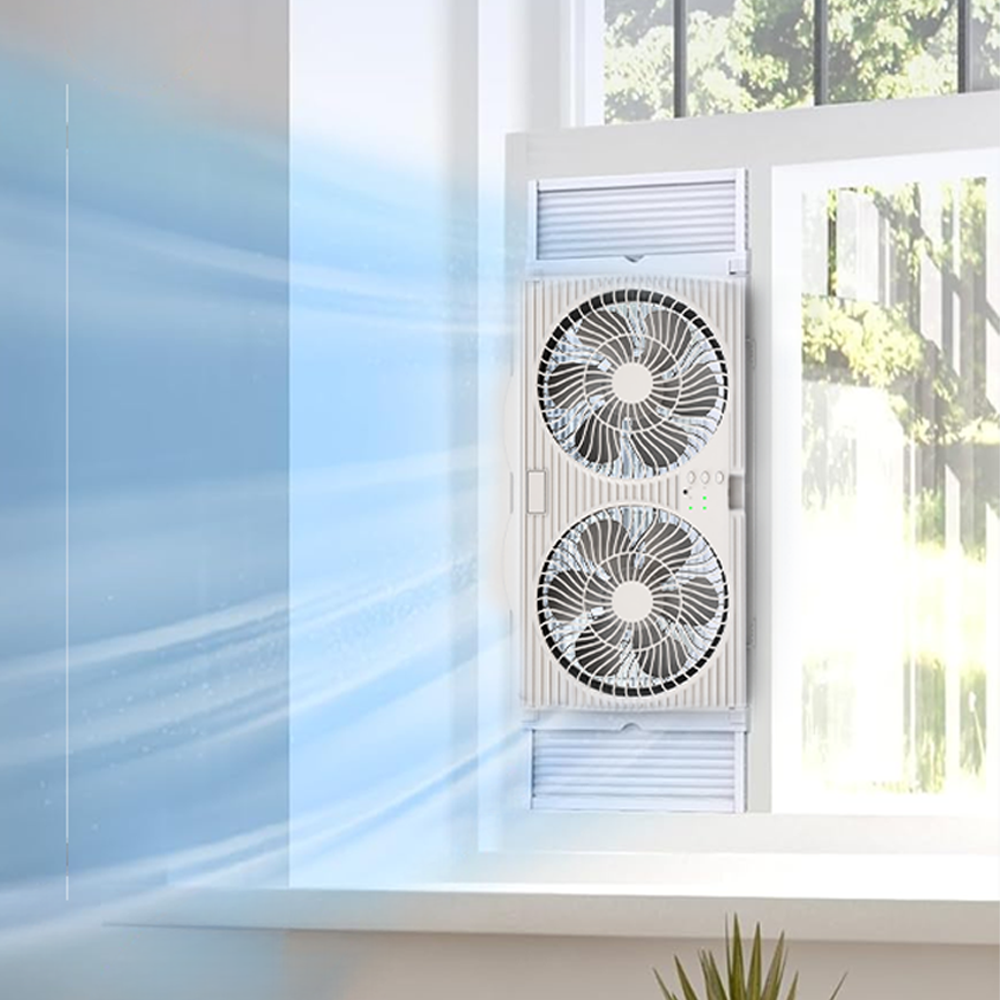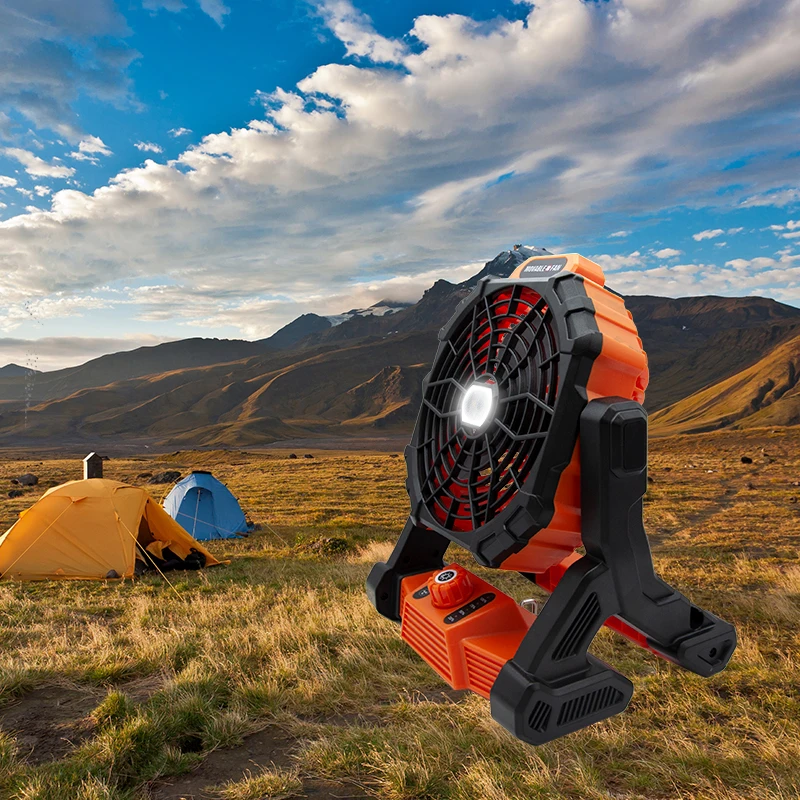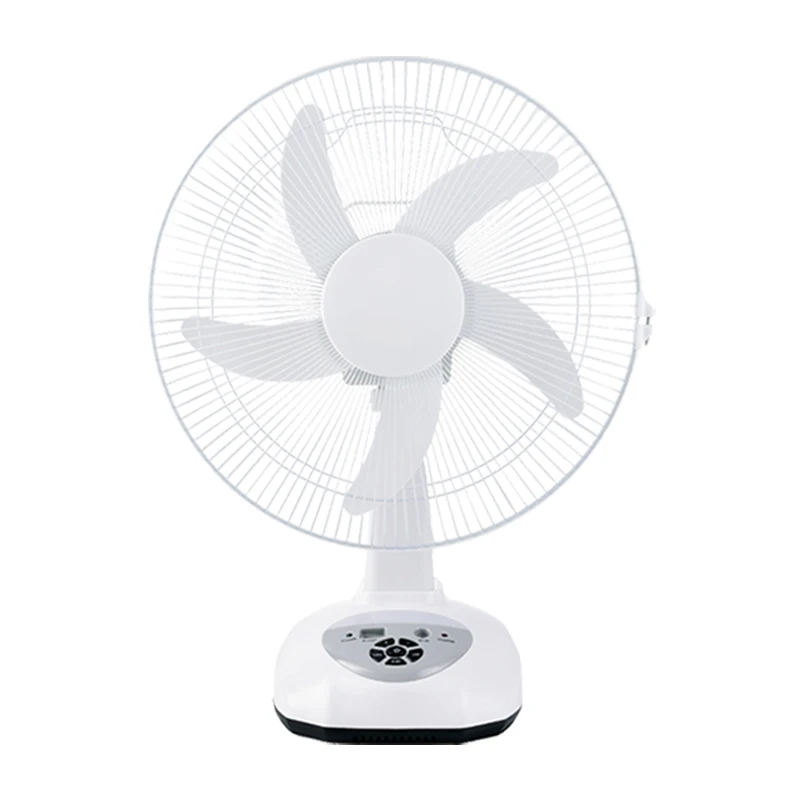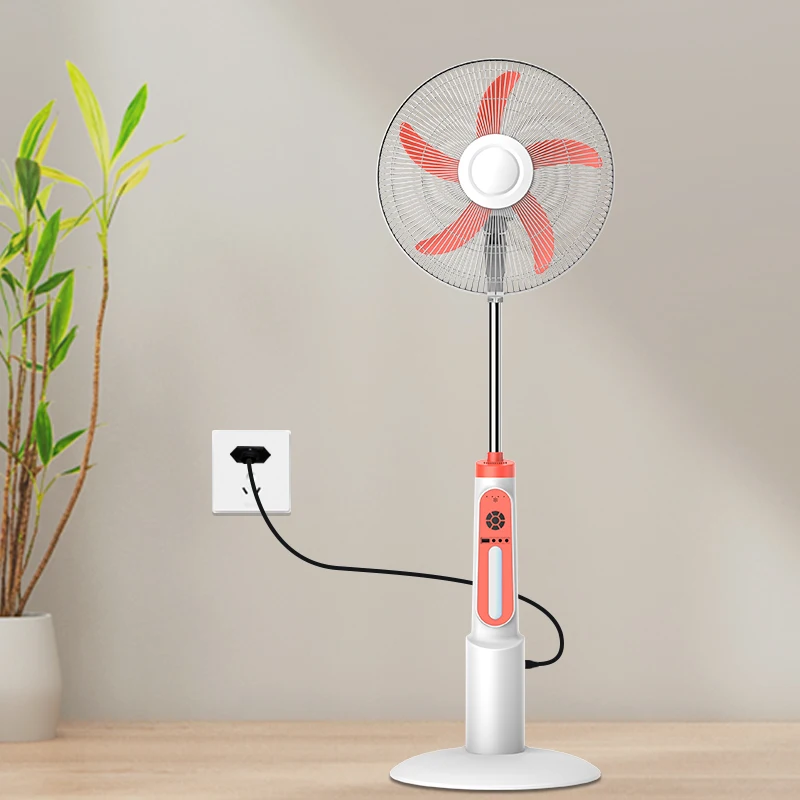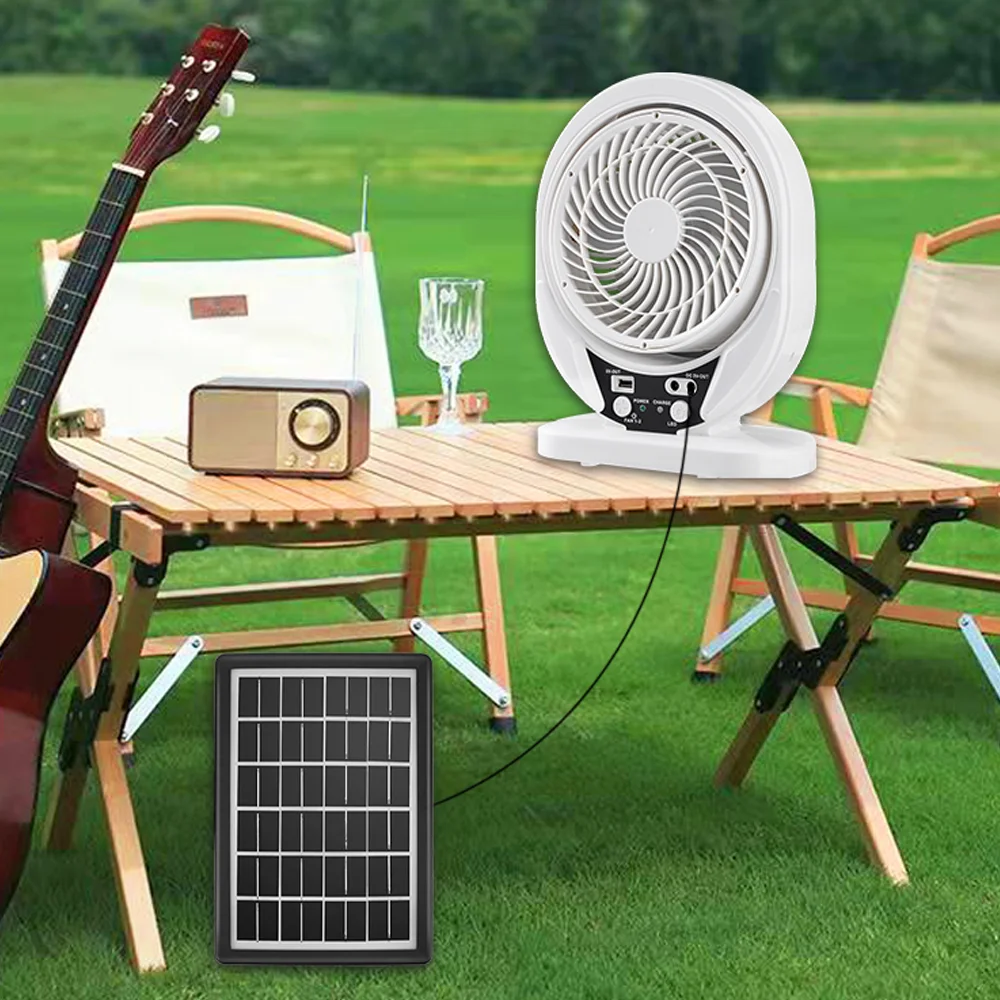Future development trend of zero-emission appliances
As global awareness of environmental issues continues to grow, the demand for sustainable, eco-friendly technologies has skyrocketed. One of the most exciting developments in the field of sustainability is the rise of zero-emission appliances. These products, which emit little to no harmful pollutants into the atmosphere, are transforming industries ranging from home appliances to industrial equipment. In this article, we will explore the future development trends of zero-emission appliances, with a special focus on Ani Technology’s contributions to this emerging market.

The Growing Demand for Zero-Emission Appliances
The shift towards zero-emission technologies is driven by the increasing pressure to reduce greenhouse gas emissions and combat climate change. Governments around the world are implementing stricter regulations on carbon emissions, pushing industries to innovate and adopt greener technologies. Consumers are also becoming more environmentally conscious, preferring products that align with their values of sustainability and eco-friendliness.
Zero-emission appliances are part of a broader movement toward cleaner energy and more efficient resource use. These products are designed to minimize or eliminate harmful pollutants such as CO2, NOx, and other greenhouse gases. This trend is not only environmentally beneficial but also economically advantageous, as energy-efficient appliances help consumers save on utility bills while contributing to a greener planet.
Technological Advancements in Zero-Emission Appliances
The future of zero-emission appliances lies in technological innovation. Ani Technology, a leading player in this field, has been at the forefront of developing cutting-edge products that align with the future of sustainable living. With a strong commitment to research and development, Ani Technology has introduced a range of zero-emission appliances that utilize renewable energy sources and advanced energy-efficient technologies.
One major advancement in the field is the integration of smart technology with zero-emission appliances. These smart devices are not only more energy-efficient but also offer greater control and customization for consumers. For example, smart air conditioners and refrigerators can adjust their energy usage based on environmental conditions, user preferences, and peak electricity demand periods. Such innovations help to further reduce carbon footprints while improving overall performance and convenience.
The Role of Renewable Energy
Renewable energy will play a crucial role in the future of zero-emission appliances. As more homes and businesses adopt solar, wind, and other renewable energy sources, appliances will increasingly be designed to integrate seamlessly with these power systems. Ani Technology, for instance, is already developing solar-powered appliances, which harness energy from the sun to operate without relying on traditional fossil fuels.
In addition, energy storage technologies are becoming more advanced, allowing households and businesses to store excess renewable energy for later use. This synergy between zero-emission appliances and renewable energy sources will enable consumers to reduce their dependence on non-renewable resources, further driving the transition to a sustainable future.
Market Trends and Consumer Preferences
The market for zero-emission appliances is expected to grow significantly in the coming years. As consumer demand for sustainable products rises, companies like Ani Technology are innovating to meet these needs. The future of zero-emission appliances will see more affordable, user-friendly, and accessible options for consumers of all demographics. Moreover, as governments and industries continue to prioritize sustainability, incentives and subsidies may further encourage consumers to invest in green technologies.
Challenges and Opportunities
Despite the promising future of zero-emission appliances, several challenges remain. One of the primary barriers is the high initial cost of advanced technologies. While the long-term savings on energy bills can be substantial, the upfront investment in zero-emission appliances can be a significant hurdle for some consumers. To address this, manufacturers like Ani Technology are working on reducing production costs and offering financing options to make these appliances more accessible.
Another challenge is the need for widespread infrastructure development, particularly in terms of renewable energy integration and smart grid systems. As more consumers adopt zero-emission appliances, there will be a greater need for compatible infrastructure to support their use. Collaboration between governments, industries, and technology companies will be essential to overcoming these obstacles and ensuring the success of zero-emission appliances.
The future of zero-emission appliances is bright, with significant advancements on the horizon. Companies like Ani Technology are leading the charge, developing innovative solutions that prioritize sustainability, energy efficiency, and consumer convenience. As the world moves toward cleaner, greener technologies, zero-emission appliances will play an increasingly vital role in reducing carbon footprints and ensuring a more sustainable future for generations to come. Through technological innovation, renewable energy integration, and consumer adoption, zero-emission appliances are set to become an essential part of modern life.

 EN
EN
 AR
AR
 DA
DA
 NL
NL
 FI
FI
 FR
FR
 DE
DE
 EL
EL
 HI
HI
 IT
IT
 JA
JA
 KO
KO
 NO
NO
 PL
PL
 PT
PT
 RO
RO
 RU
RU
 ES
ES
 SV
SV
 TL
TL
 IW
IW
 ID
ID
 VI
VI
 HU
HU
 TH
TH
 TR
TR
 FA
FA
 AF
AF
 MS
MS
 SW
SW
 BN
BN
 HA
HA
 IG
IG
 KM
KM
 LO
LO
 YO
YO
 ZU
ZU
 MY
MY
 AM
AM
 KU
KU
